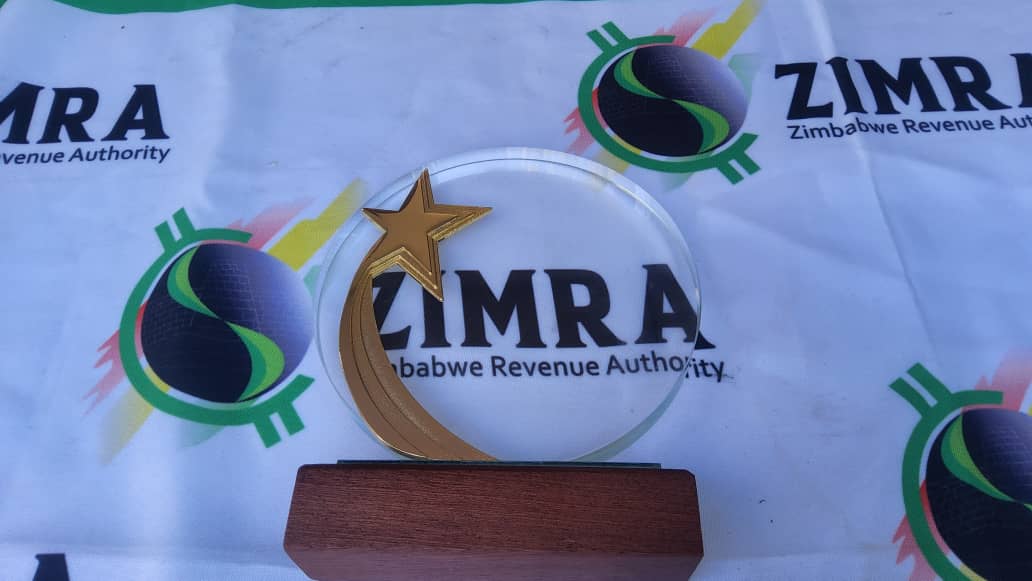Zimbabwe's mining sector is experiencing a surge of fresh foreign and local investment, especially from Chinese firms eager to exploit lithium, gold, chrome, and coal deposits. However, this boom is shadowed by serious concerns over safety and regulatory compliance as several new operations reportedly launch without essential technical personnel such as certified mine managers, geologists, and surveyors.
Industry insiders warn that many investors are operating in breach of Zimbabwe's mining laws, putting workers, the environment, and the long-term viability of mining ventures at risk.
"Most of these Chinese miners are operating like illegal miners," said a mining consultant familiar with the sector. "We don't know if it's a lack of regulatory oversight or just cost-cutting, but it's happening far too often, and it's dangerous. This isn't the first time Chinese operators have been on the wrong side of the law."
The warnings come amid a worrying rise in mining accidents. In 2023, 237 fatalities were recorded in mining incidents-primarily in informal mines-with 37 accidents causing 33 deaths and 27 serious injuries in just the first two months of 2024.
A senior government official, who spoke on condition of anonymity, confirmed that some mining companies intentionally avoid hiring qualified engineers and geologists.
"It's a ticking time bomb. Without the right expertise on site, accidents, environmental breaches, and fatalities are almost guaranteed," the official said.
Chief government mining engineer Michael Munodawafa acknowledged repeated encounters with mines operating without certified managers, particularly among Chinese-owned ventures.
"We've had many challenges with our Chinese friends," Munodawafa said. "One of the key positions missing is the mine manager. Often, when we inspect, they claim the manager is unavailable. The manager is crucial-they appoint other professionals like surveyors and geologists."
He added that some operators only comply after receiving suspension or closure notices from authorities.
"Larger, established mines generally maintain better compliance, sometimes appointing acting managers if the substantive manager is absent," Munodawafa noted. "We are aggressively enforcing compliance with the Mines and Minerals Act-even though we are still using the old version. Operators must appoint a registered mine manager and secure an Environmental Impact Assessment (EIA) before starting operations."
Under Zimbabwean law, certified mine managers oversee safety and production standards, surveyors ensure excavation and boundary safety, while geologists guide exploration and resource management.
A veteran geologist based in Bulawayo expressed deep concern: "These roles are not optional. Skipping them puts lives at risk and undermines the investment itself. What we see is large-scale investors adopting the shortcuts of small-scale miners, and it's unacceptable."
The geologist added, "Chinese investors bypassing protocols and regulatory oversight threaten worker safety, environmental protection, and community welfare. Stricter enforcement and adherence to global best practices are urgently needed."
Industry experts are calling on the Ministry of Mines to tighten licensing processes by requiring submission of names, qualifications, and registration details of all key technical staff before granting permits.
"Licensing should not be granted without proof of compliance," said one official. "Accountability must start from day one."
There are also growing calls for enhanced collaboration between the mining sector and local universities to train and retain Zimbabwean professionals to lead technical management of the country's mineral wealth.
When contacted, Shanel Liu, Vice President of the Chamber of Chinese Enterprises in Zimbabwe, said she was out of the country and unable to comment. She added, "I've spoken to a gentleman in the Chinese embassy who will direct me to someone who might be able to assist."
As Zimbabwe pushes for economic recovery through its mineral resources, balancing growth with safety and regulatory compliance remains a critical challenge for the sector.
- The Independent
 Top Zimbabwe business executive arrested for fraud
Top Zimbabwe business executive arrested for fraud  South Africa is in serious trouble
South Africa is in serious trouble  US halts visa services for Zimbabwean nationals
US halts visa services for Zimbabwean nationals  ZSE and VFEX recover after weak 1st half
ZSE and VFEX recover after weak 1st half  Gold edges up as traders await guidance
Gold edges up as traders await guidance  Zimbabwe Agricultural Show 2025 kicks off
Zimbabwe Agricultural Show 2025 kicks off  Young Investment Professional (YIP) Graduate Programme 2019
Young Investment Professional (YIP) Graduate Programme 2019 









 Young Investment Professional (YIP) Graduate Programme 2019
Young Investment Professional (YIP) Graduate Programme 2019
Editor's Pick